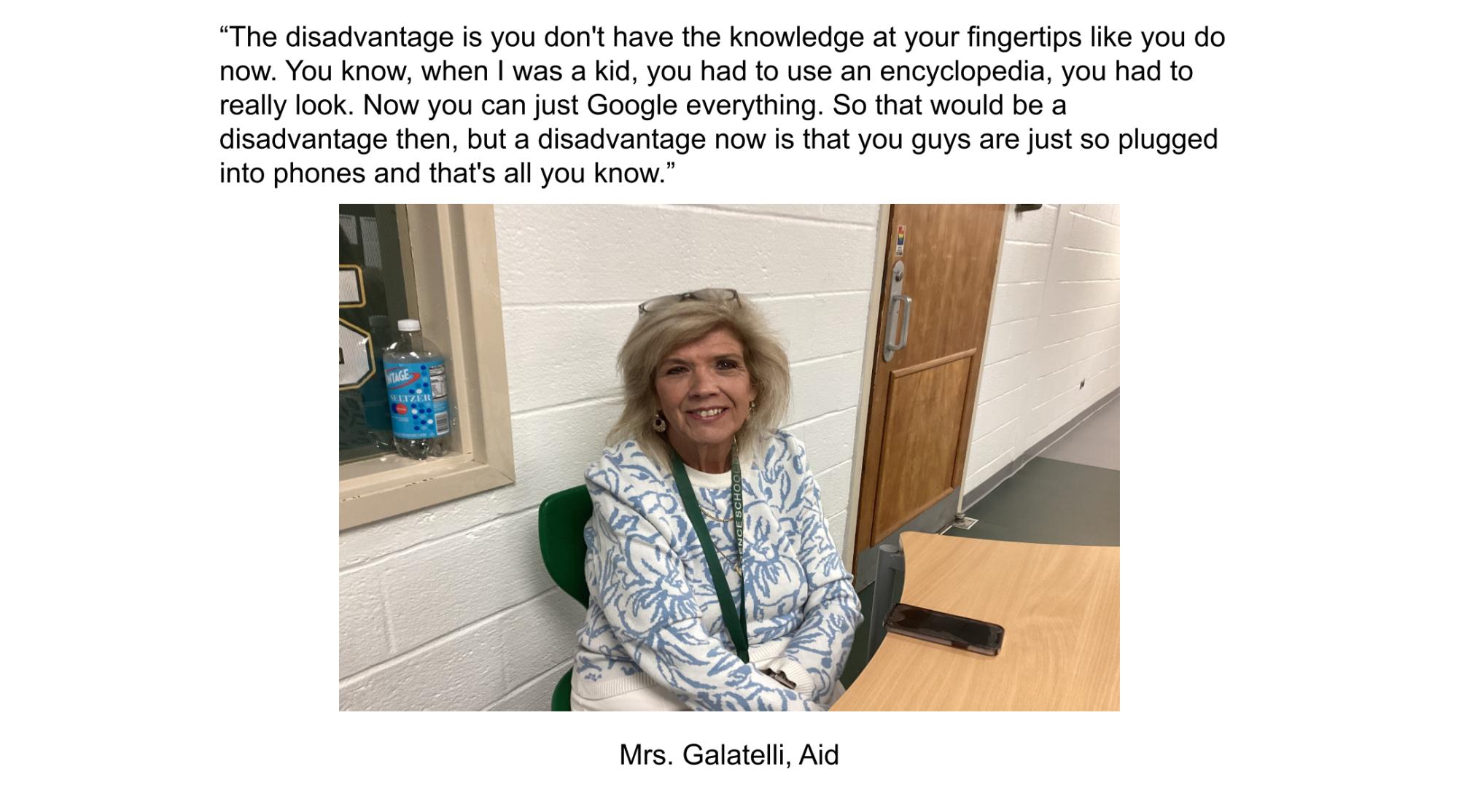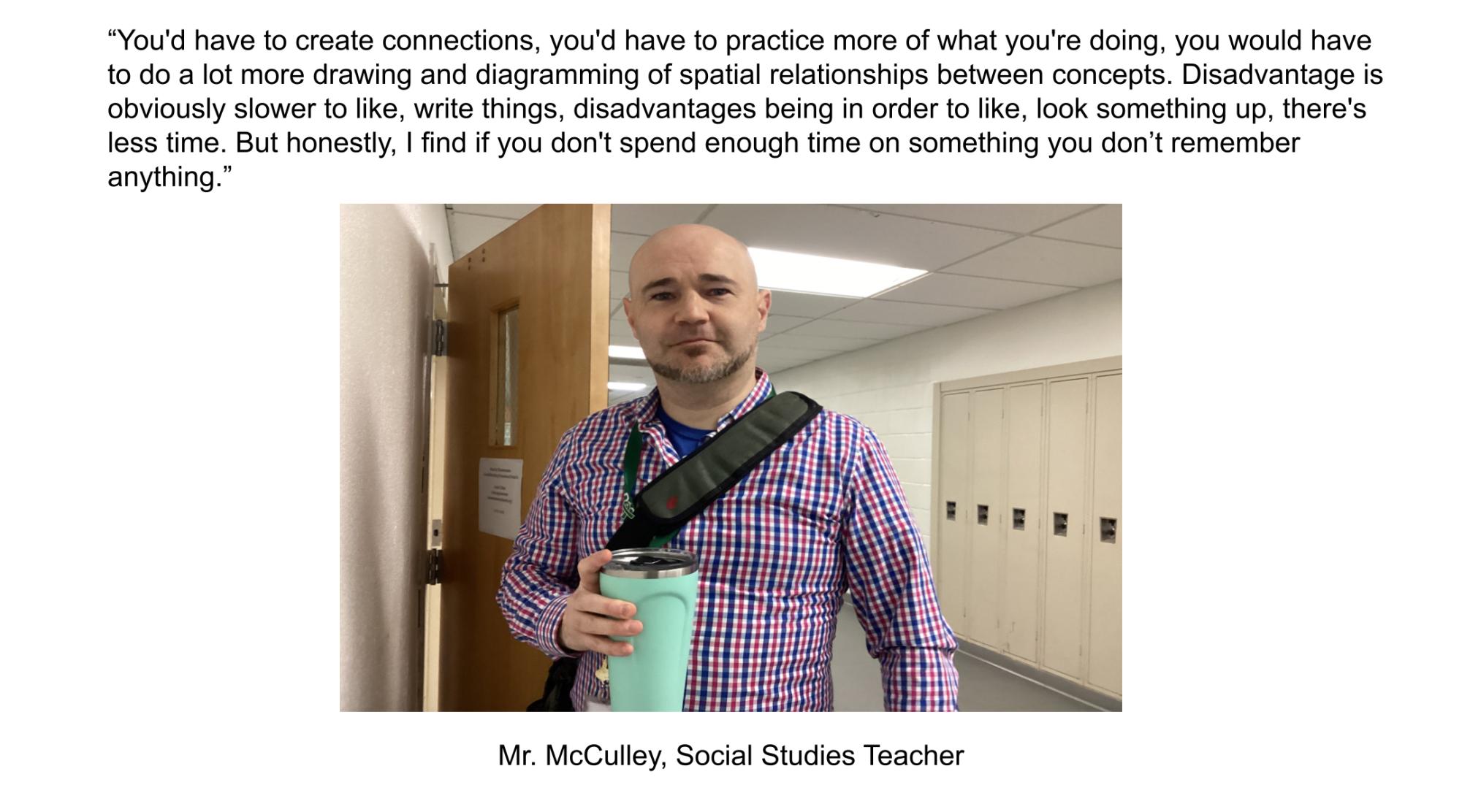Should NJ Schools Have a Later Start Time?
March 28, 2023
Lawmakers in New Jersey are considering legislation that would move the earliest possible school start time to 8:30.
Bill A3816, introduced on May 2 of 2022, but still in committee, requires “certain public schools that receive State aid to begin regular instruction for high school students no earlier than 8:30 A.M.”
The debate of delaying school start times has been on the back burner in the Garden State for a number of years. It’s now one of many issues being revisited by officials. This move has been met with both support and opposition, and there are certainly pros and cons to such a change.
Experts and lawmakers behind the bill say that the time change would be beneficial for students’ mental health and performance in school. According to Anayat Durrani’s, “4 Benefits of Later School Start Times,” research has consistently proven that sleep is essential for learning and cognitive function, and delaying start times can give students the opportunity to get more restful sleep.
“Studies have shown over and over that teens get more sleep when school starts later, with research-based benefits to their physical and mental health, academic performance and beyond,” says Elinore Boeke, communications director for Start School Later, a nonprofit organization.
With more sleep, students may be more alert and focused during class, leading to better grades and academic success. Additionally, another significant benefit of delayed start times is the potential positive impact on students’ mental health. Adolescents are particularly susceptible to mental health issues, and sleep deprivation is often a contributing factor. By delaying school start times, students may be able to get more sleep, reducing the risk of mental health problems such as depression and anxiety.
However, there are also potential drawbacks to delaying school start times. One concern is the impact on students’ extracurricular activities, clubs, after-school jobs, homework, etc. If school start times are delayed, students may have to leave school later in the day, potentially interfering with their ability to participate in after-school activities or work. Thus, this could have the opposite effect on students’ mental health by causing more destruction to their sleep schedule. Another concern is the potential impact on parents’ schedules. Delayed start times may require parents to adjust their schedules to accommodate their children’s new school schedules, which could be challenging for some families.
While delaying start times may lead to academic and mental health benefits for students, the potential drawbacks can not be ignored.


















